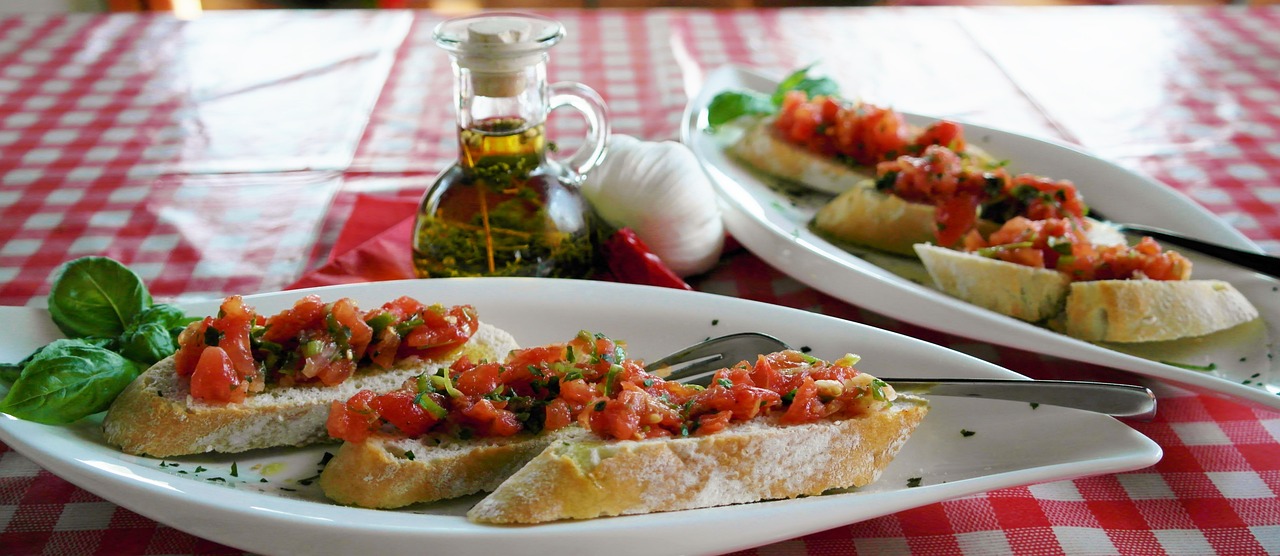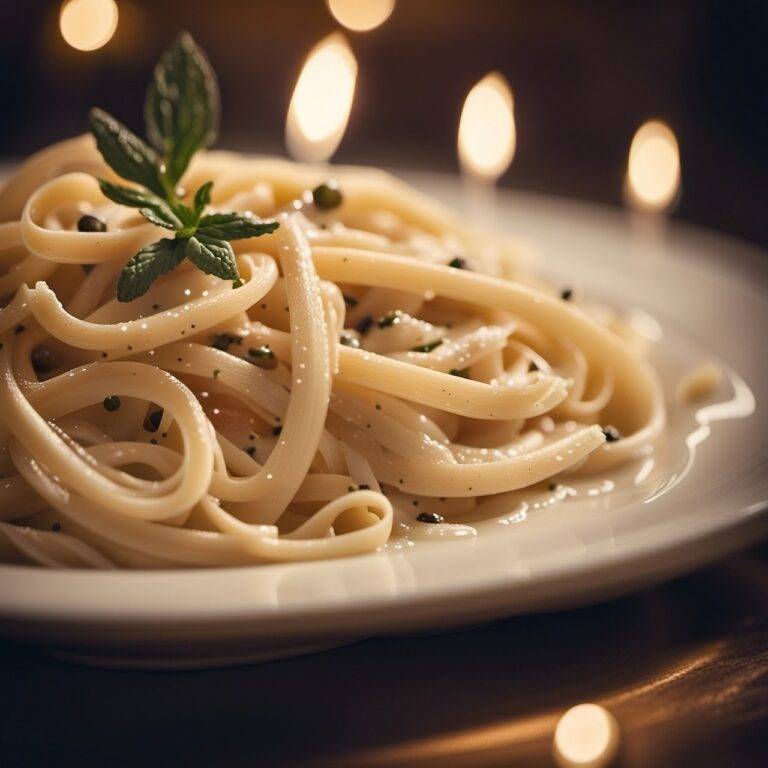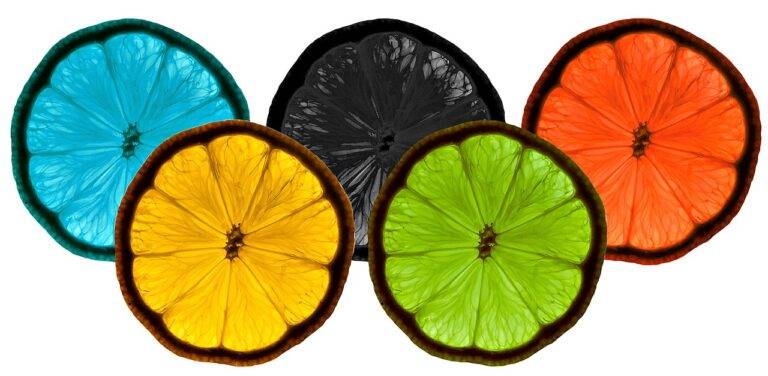The Art of Food Preservation: Techniques for Canning, Pickling, and Fermentation
Food preservation is a method used to extend the shelf life of food products by inhibiting the growth of microorganisms, enzymes, and other factors that cause spoilage. This process dates back to ancient times when people used techniques such as drying, salting, and fermentation to preserve food for later consumption. The goal of food preservation is to maintain the quality, flavor, and nutritional value of the food while preventing it from spoiling.
Over the years, various food preservation methods have been developed and refined to meet the changing needs of societies. Advances in technology have brought about modern methods like canning, freezing, and vacuum packaging, which offer efficient ways to preserve food while retaining its freshness and taste. By understanding the principles of food preservation, individuals can make informed choices about how to store and prolong the shelf life of their food items.
History of Food Preservation
The practice of food preservation dates back thousands of years, with ancient civilizations using techniques like drying, smoking, and fermentation to prolong the shelf life of food. In early times, these methods were essential for survival during times of scarcity or long winters when fresh produce was scarce. By preserving food, our ancestors were able to ensure a stable food supply throughout the year.
One of the oldest methods of food preservation is drying, which involves removing moisture from food to prevent the growth of bacteria and mold. The ancient Egyptians, Greeks, and Romans all relied on drying fruits, vegetables, and meats to preserve them for long periods. Another common method used by early civilizations was fermentation, where sugars in food were converted into alcohol or organic acids by beneficial bacteria or yeasts. Fermented foods like sauerkraut, kimchi, and yogurt are still popular today and are known for their unique flavors and health benefits.
Benefits of Canning
Canning food offers a multitude of benefits that cater to both convenience and health. By preserving fruits and vegetables through canning, individuals can enjoy seasonal produce all year round, reducing wastage and saving money on purchasing out-of-season goods. Canned foods also retain a high level of nutrients, ensuring that essential vitamins and minerals are not lost during the preservation process. This makes canned foods a reliable and budget-friendly option for maintaining a nutritious diet without compromising on quality.
Moreover, the extended shelf life of canned goods grants consumers the flexibility to stock up on essentials, minimizing the frequency of grocery shopping trips. This can be particularly beneficial during times of emergency or unforeseen circumstances when access to fresh produce may be limited. Additionally, canning allows for the preservation of homemade goods, allowing individuals to savor the flavors of their favorite recipes long after they are prepared. The convenience, longevity, and health benefits of canning make it a valuable food preservation technique for individuals seeking a practical and sustainable approach to their dietary needs.





